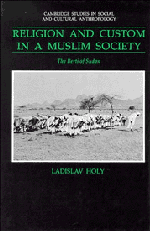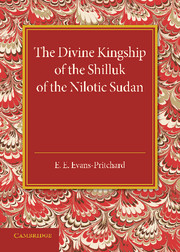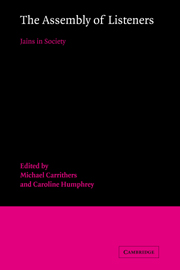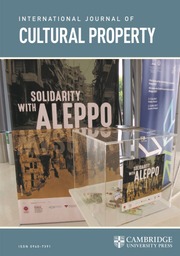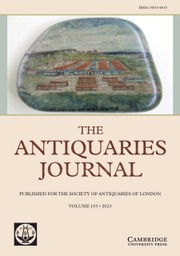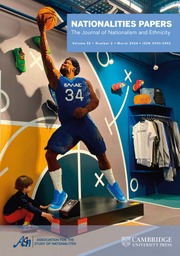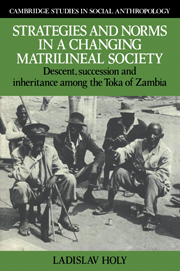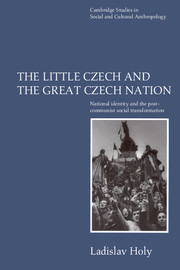Religion and Custom in a Muslim Society
Among the Berti of Northern Darfur (Sudan), as among many Muslim societies, the formal religious practices are predominantly the concern of men, while local, unorthodox customary rituals are performed mainly by women. It is usual to dismiss such local, popular practices as pre-Islamic survivals, but Professor Holy shows that the customary rituals constitute an integral part of the religious system of the Berti. Carefully analysing the symbolic statements made in Berti rituals, Professor Holy demonstrates that the distinction between the two classes of rituals is an expression of the gender relationships characteristic of the society. He also examines the social distribution of knowledge about Islam, and explains the role of the religious schools in sustaining religious ideas. The work is not only an ethnographic study of ritual, belief and gender in an African society. It also makes a significant contribution to current anthropological discussion of the interpretation and meaning of rituals and symbols.
- First-rate study of Islam and customary rituals in an African society
- Important contribution to our understanding of Islam, distinguishing between scriptural and popular Islam extending the notion of 'great' and 'little' tradition first applied to Hinduism in 1950s
- Includes a novel treatment of gender issues
Reviews & endorsements
'… an intriguing monograph about Berti religious and ritual life that opens up dilemmas in the presuppositions inherent in the representations of Muslim societies.' African Affairs
Product details
July 1991Hardback
9780521394857
256 pages
235 × 158 × 20 mm
0.545kg
12 b/w illus.
Available
Table of Contents
- Preface and acknowledgements
- Introduction
- 1. The Berti and Islam
- 2. Men and women
- 3. Milk and water
- 4. Village and wilderness
- 5. Custom and religion
- 6. Life cycle
- 7. Circumcision
- 8. Blood and rain
- 9. Custom and superstition
- Glossary
- References
- Index.

